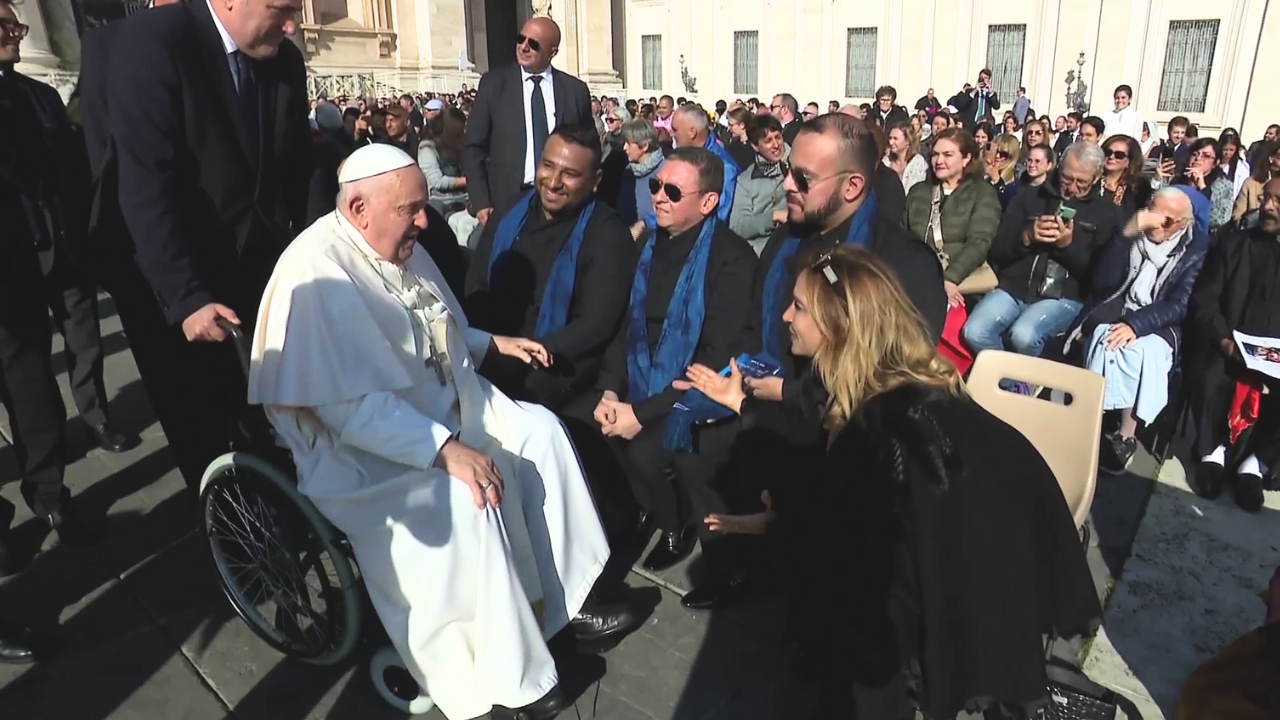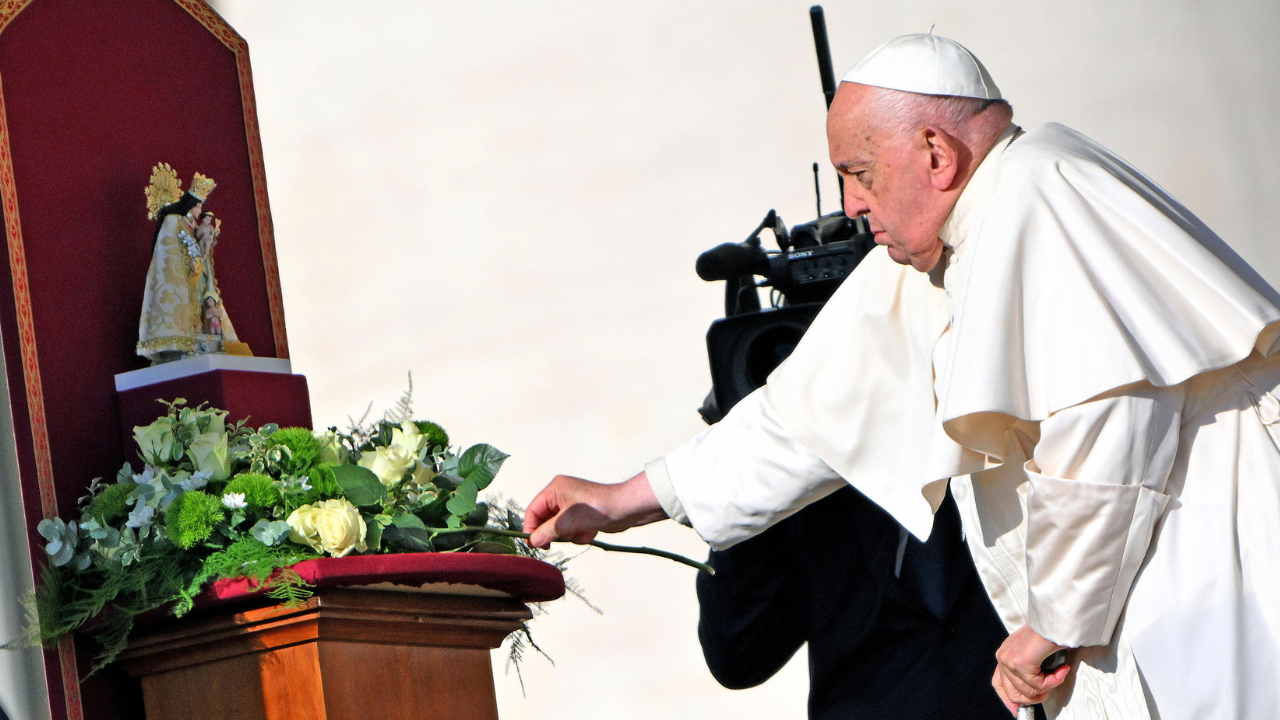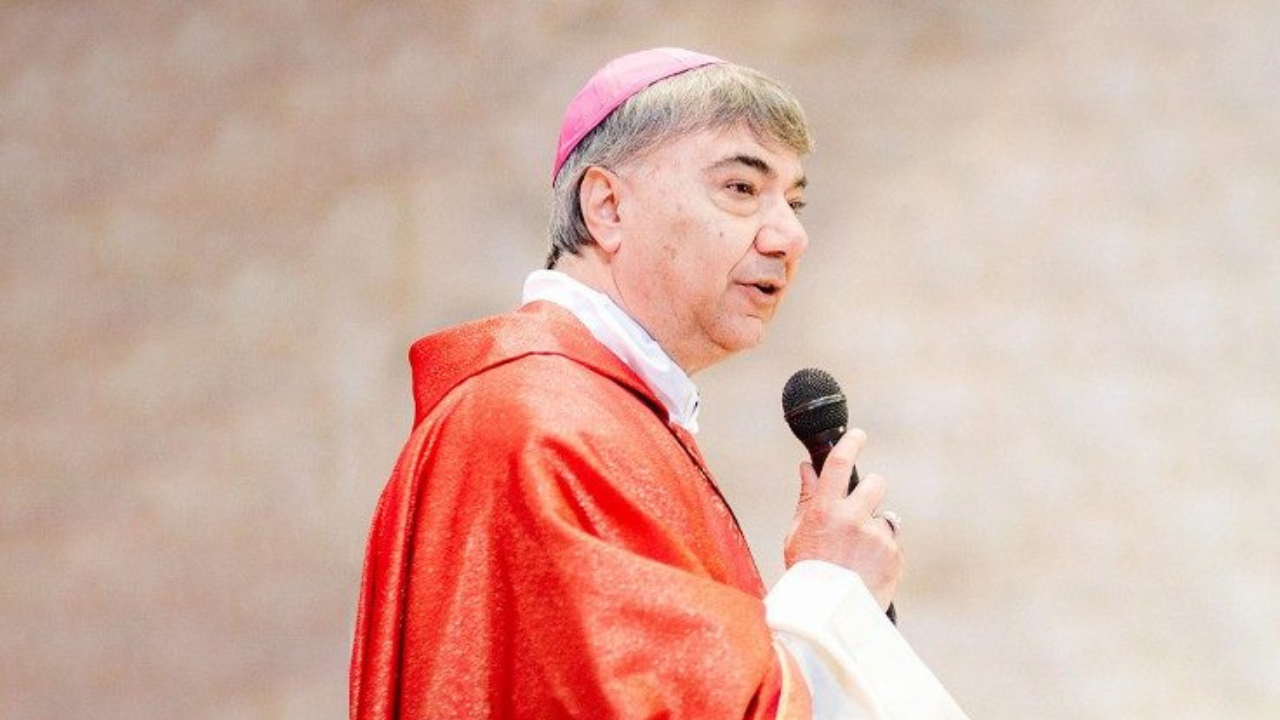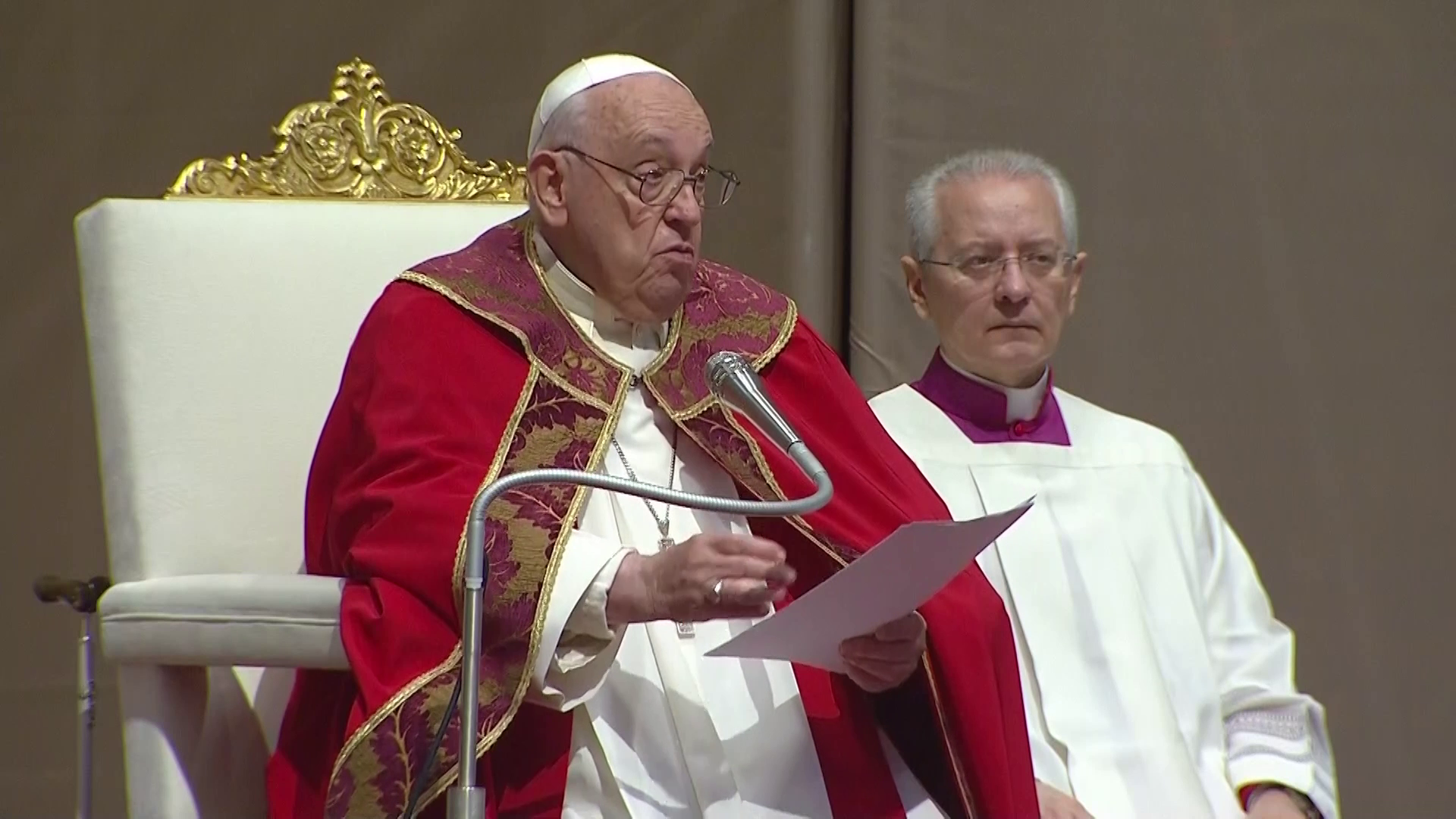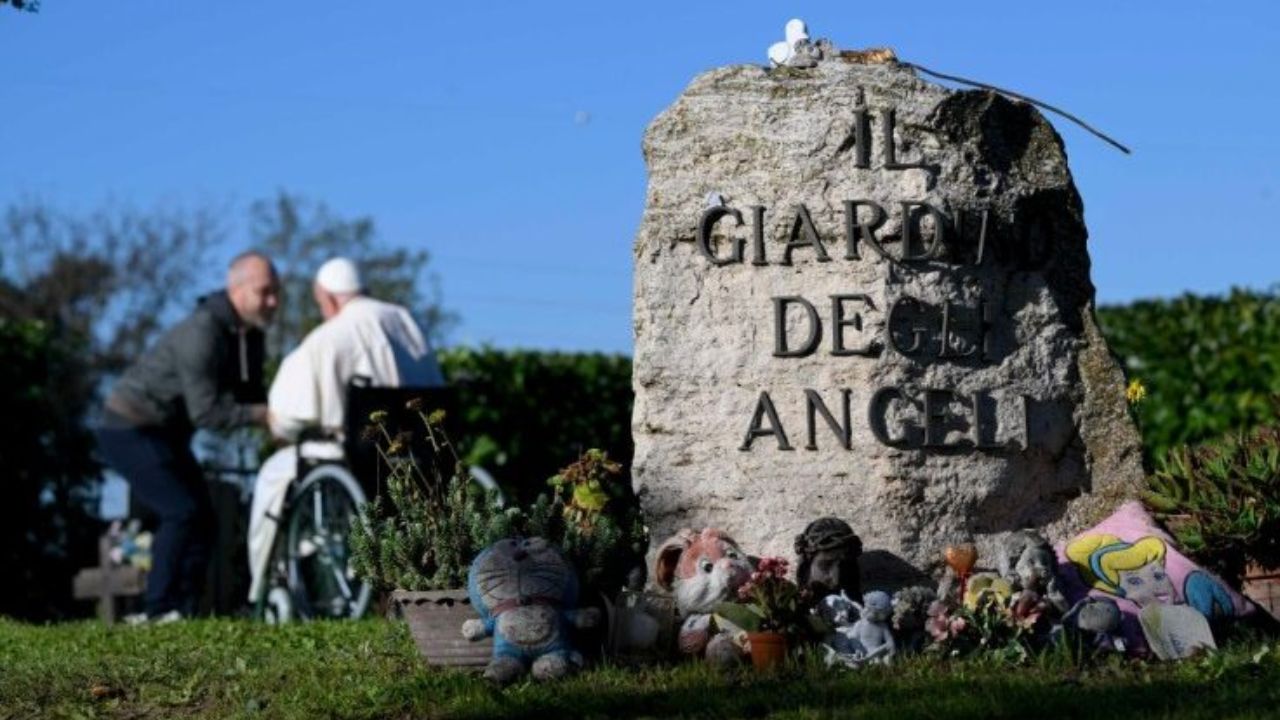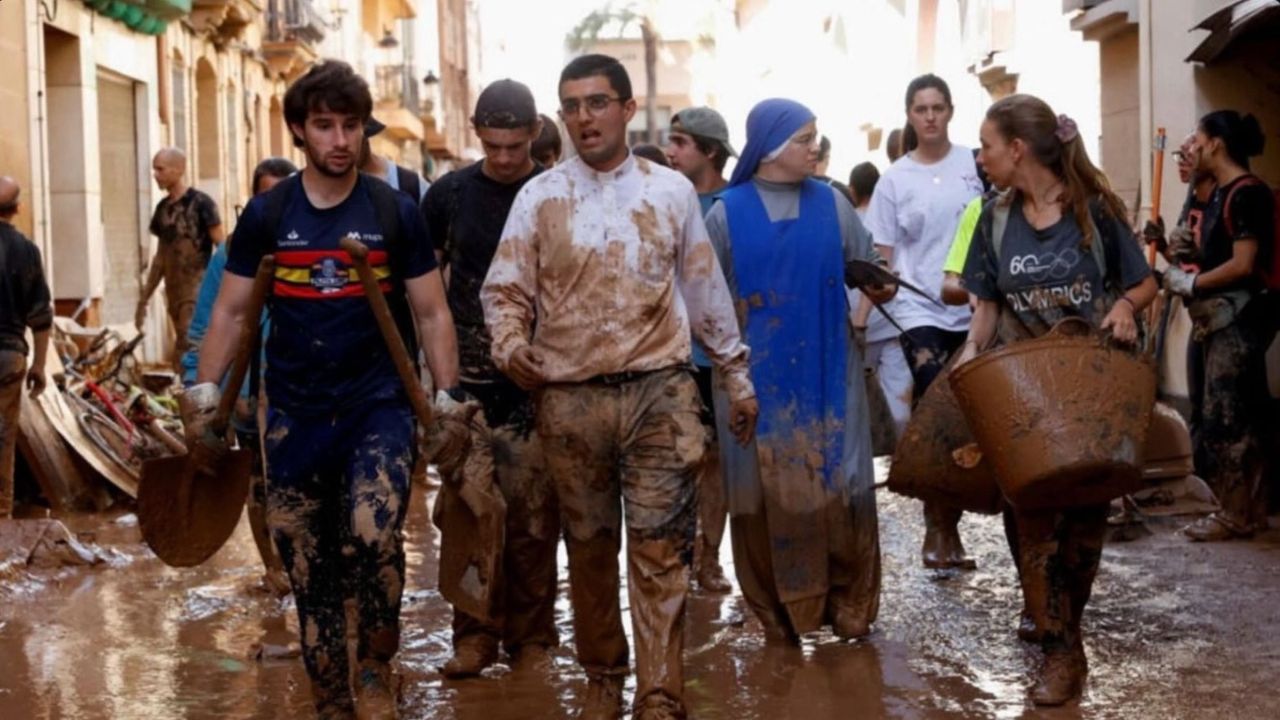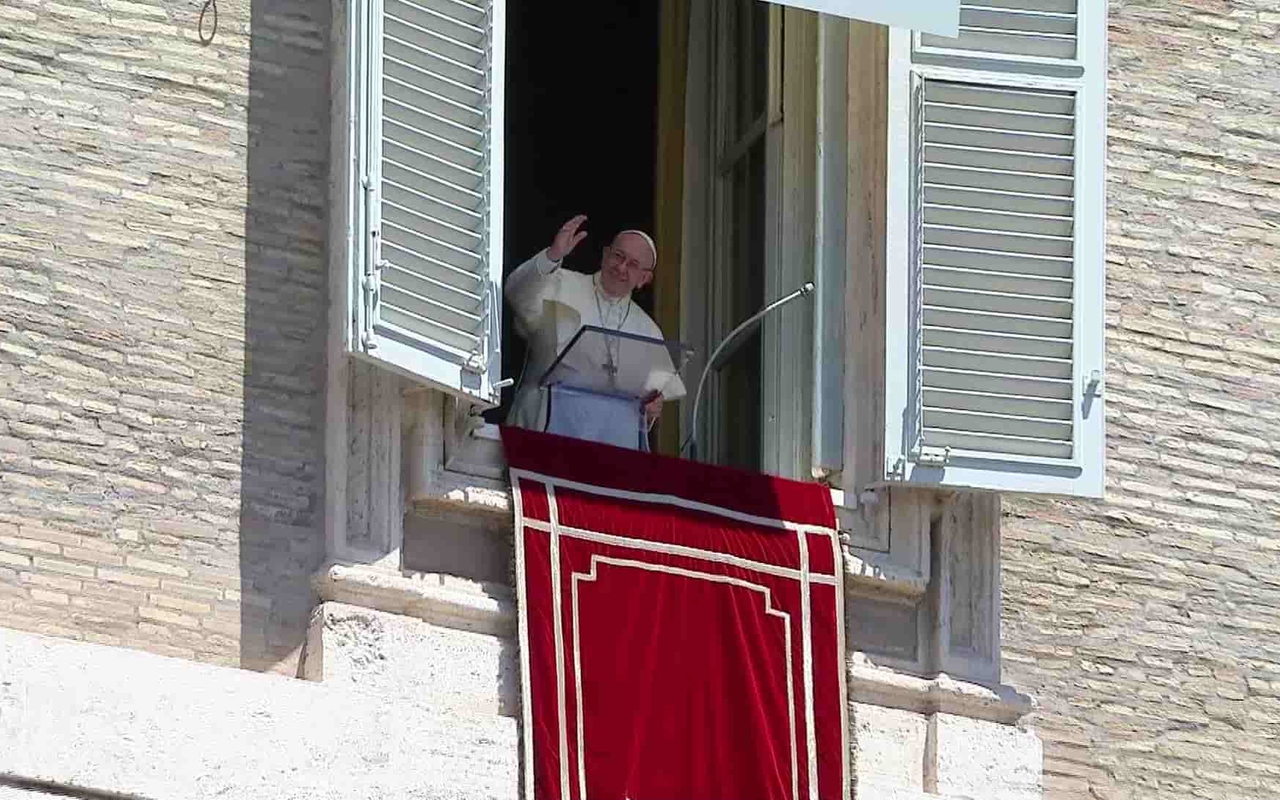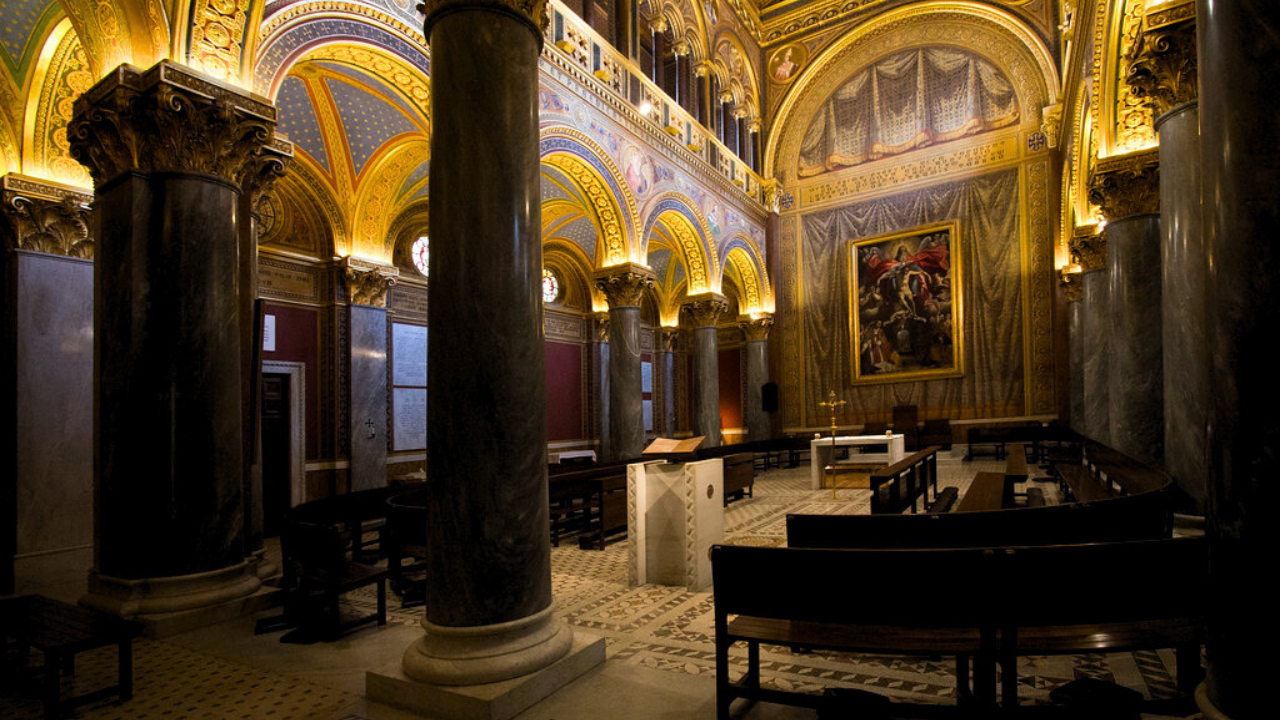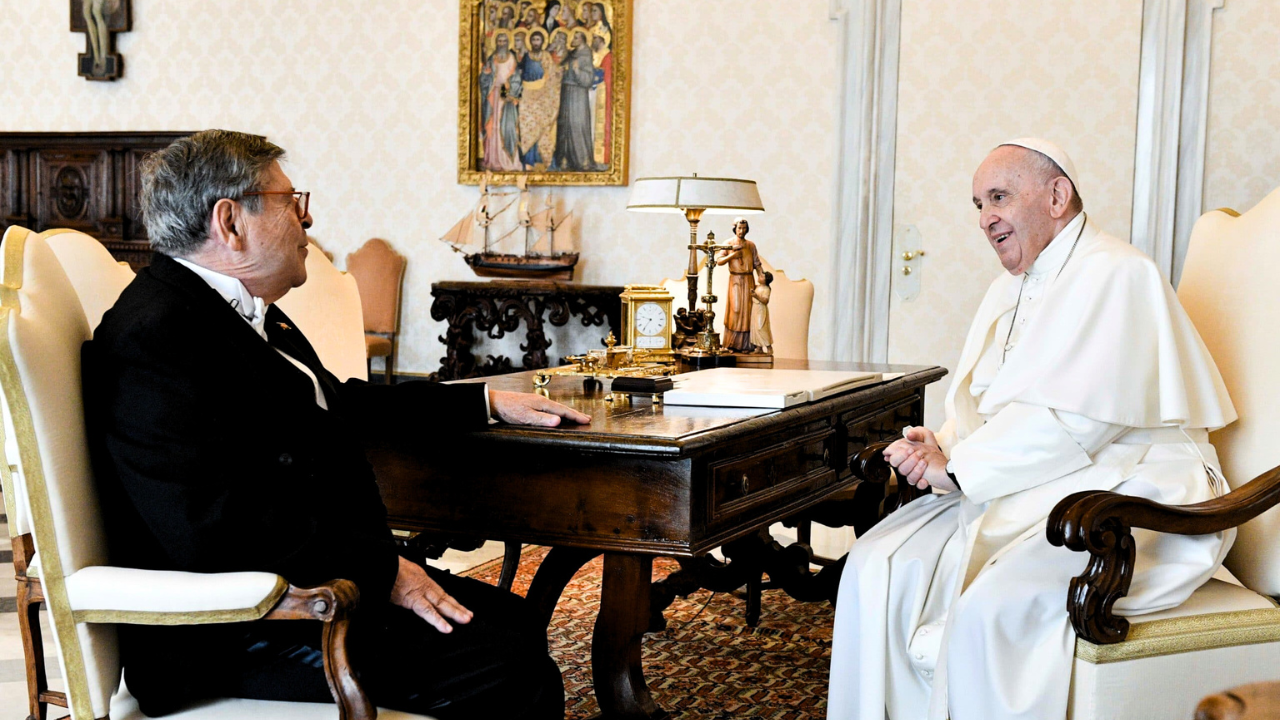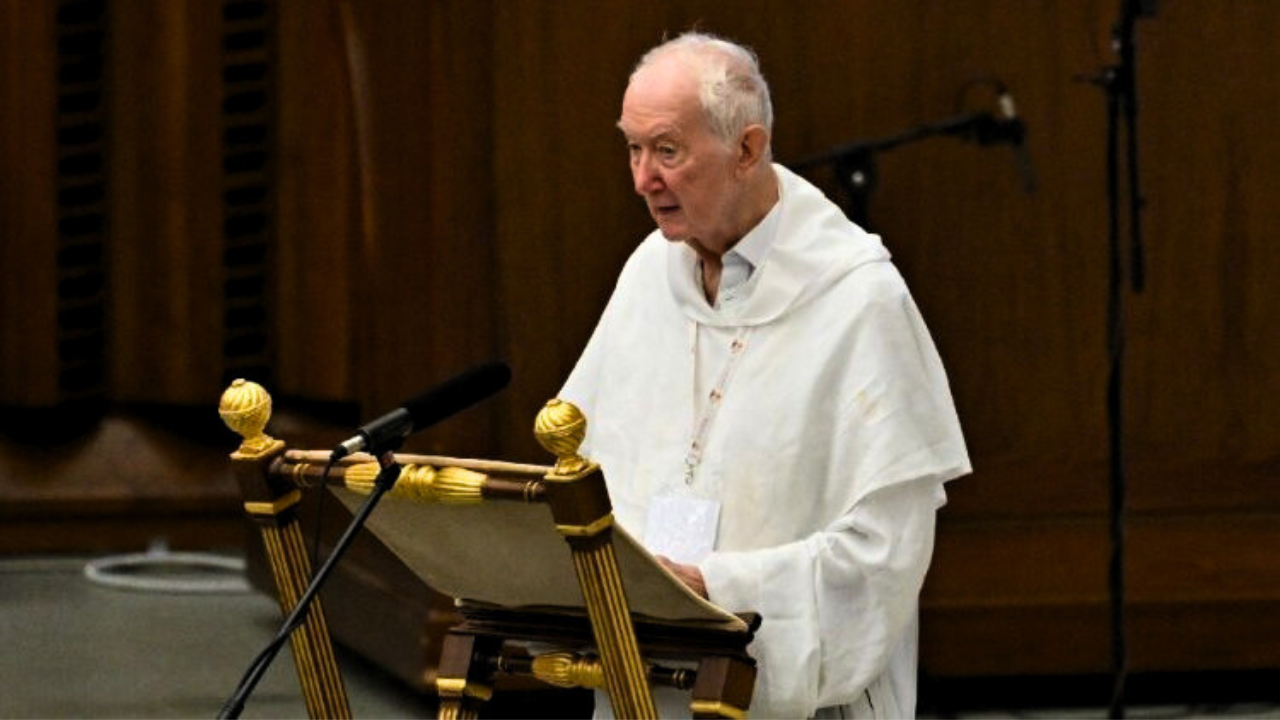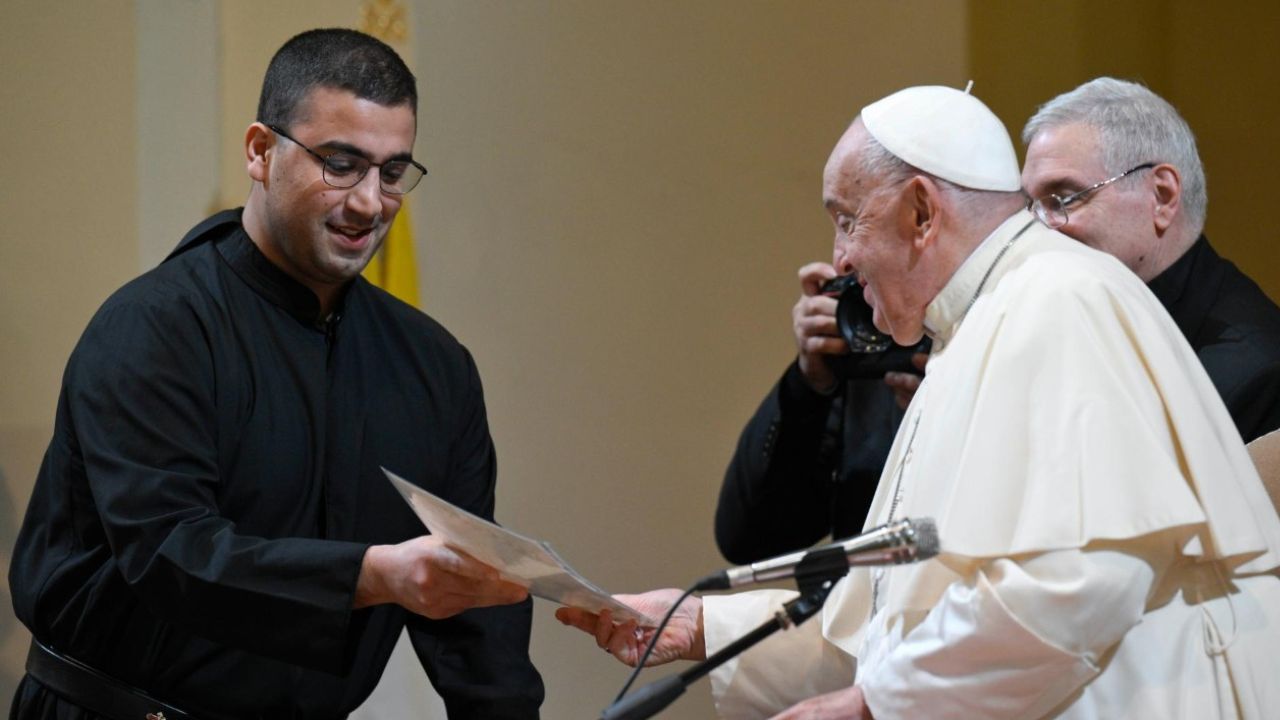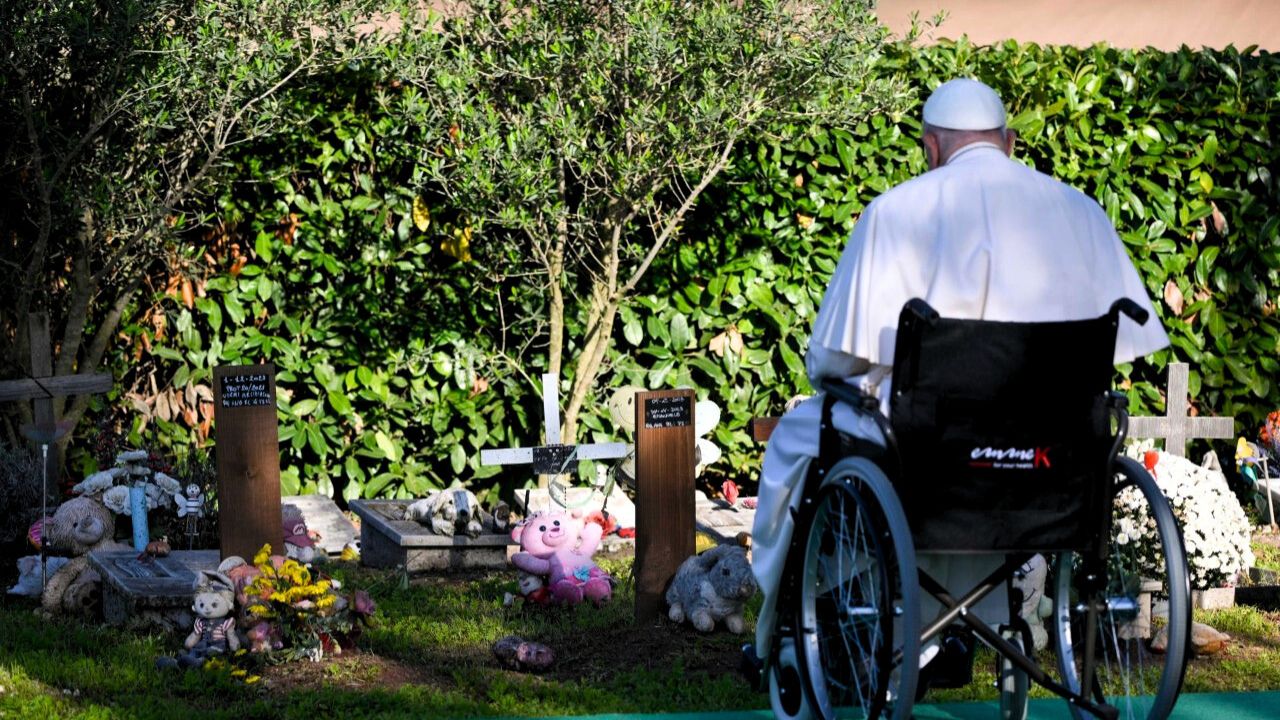On August 16, several extremist Islamic groups burned down 21 churches in Pakistan. They also desecrated places of worship and organized several rallies against Christians.
At the root of this aggressive event was an accusation of blasphemy against Saleem Masih, a Christian who allegedly tore out pages of the Koran and wrote things against the prophet Muhammad. However, the accusation seems inconsistent as Saleem is illiterate.
PR. SHAHID MOBEEN
Pontifical Urban University, Rome
He cannot read or write as he is from a very humble socioeconomic background and did not go to school.
So someone has been tampering with the papers in order to mount this attack against Christians.
Pr. Shahid Mobeen points out that blasphemy accusations in Pakistan are a classic weapon used against Christians to settle personal, not religious, quarrels.
PR. SHAHID MOBEEN
Pontifical Urban University, Rome
I found out that there was a conflict between Mr. Saleem Masih's economic affairs and some Muslims in the neighborhood who wanted to accuse him and then take revenge in this way.
Saleem's alleged blasphemy triggered a brutal reaction that ended with churches being burned down. Bishop Azad Marshall tweeted that he was at a loss for words when he saw what was happening.
The next day both he and the president of the Pakistani Bishops' Conference, Archbishop Joseph Arshad, went to visit the affected area. Inside the churches there were images of the Virgin that had been desecrated. Pr. Mobeen was able to speak with the Catholic archbishop about this experience.
PR. SHAHID MOBEEN
Pontifical Urban University, Rome
He updated me saying the situation is very serious and that the Christians in the diocese and in the country do not feel safe at this point.
Nearly 50 families from the surrounding villages, not feeling safe at home, hid in open fields where the women and children slept. But the men took turns standing guard.
Shortly after the incident, the Pakistani prime minister responded. He said that strict measures would be taken against those who violate the law and target minorities.
But, this does not resolve the issue of the blasphemy charge that carries the maximum penalty of death. And Pakistan's laws do not protect non-Muslim minorities.
PR. SHAHID MOBEEN
Pontifical Urban University, Rome
All are sentenced to death immediately after being accused of blasphemy and brought to court. No sentence has been carried out so far in Saleem's case. That's the only difference. And the only thing is that Pakistan does not have enough legal tools to verify the validity or falsity of the charges. And in such cases, the angry mob takes the law into its own hands and commits these illegal and criminal acts.
Another case is that of Faraz Pervaiz, a Christian accused of blasphemy by a Muslim who tried to convert him to Islam at the airport.
FARAZ PERVAIZ
Persecuted Christian and activist
So during a trip of Malaysia, that person, he tries to convince me to accept Islam. So I refuse. And over there we had very hot talk and, you know, very, you know, we had a very bad exchange of dialogues.
Faraz fled Pakistan. But he is still in danger. One time a person recognized him and recorded him with his phone, revealing his location. The video went viral. As a result, several radical groups put a price on his head.
FARAZ PERVAIZ
Persecuted Christian and activist
Their party, they already announced 400,000 US dollars—my head bounty. 400,000 US dollars. Whosoever kill me, they will rewarded that person 400,000 US dollars to that person.
The situation in Pakistan is complex. Christians only make up about 2% of the population and are extremely vulnerable to abuse on charges of blasphemy. On a daily basis, many Christians experience discrimination and even persecution. The cases of Faraz and Saleem are not the only ones. They are among other famous cases such as those of Ashfaq Masih or Asia Bibi.
CA / JRB
TR: KG
